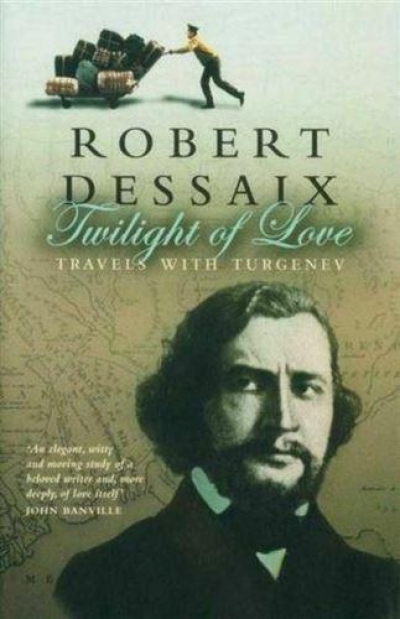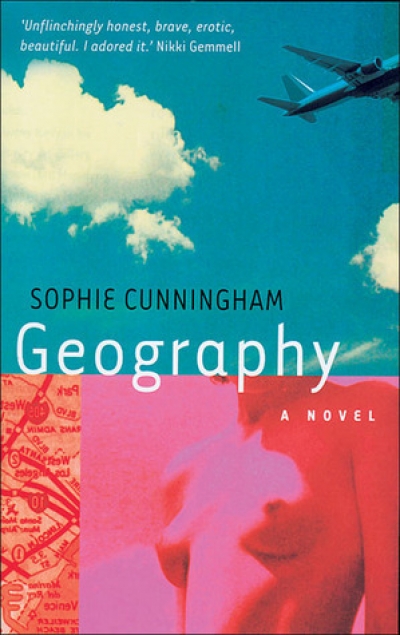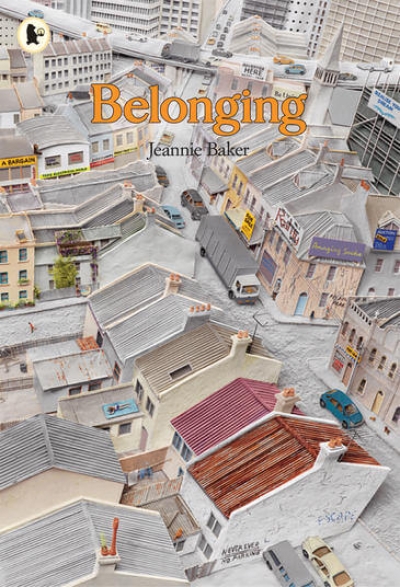ABR Reviewing Competition
In a country famously saturated with prizes, the ABR Reviewing Competition is unique. It is widely regarded as one of the most constructive and needed awards, which is why we have brought forward the third competition from the advertised date of 2006. Announcing the winners of last year’s competition in the December 2004–January 2005 issue, ‘Advances’ reported that 100 new and experienced reviewers had entered, in three categories: fiction, non-fiction (including poetry) and children’s/young adult books. Our winners were Maya Linden, Vivienne Kelly and Stephanie Owen Reeder, respectively, all of whom (in addition to having their winning review published in the February 2005 issue of ABR) have gone on to write for the Review (Dr Reeder, indeed, has just become an editorial adviser). ABR looks forward to a similarly rich crop this year.
... (read more)Twilight of Love: Travels with Turgenev by Robert Dessaix
And the winners are ...
The judges of the 2004 ABR Reviewing Competition were gratified by the level of interest in this competition and by the overall standard of entries. We received almost 100 entries (a third of them from subscribers). Fiction and non-fiction were evenly divided; there were rather fewer children’s/young adult book reviews. To no one’s surprise, the most popular book was Helen Gamer’s Joe Cinque’s Consolation: A True Story of Death, Grief and the Law, followed by Shirley Hazzard’s The Great Fire and Peter Goldsworthy’s Three Dog Night. In the non-fiction category, the field was eclectic, from poetry to memoir to academic monograph. The judge had to hand it to Alan Whitehead of Blackheath NSW, who chose to review the 2005 Sydney and Blue Mountains Street Directory. Next time we look forward to his critique of the telephone directory.
... (read more)


